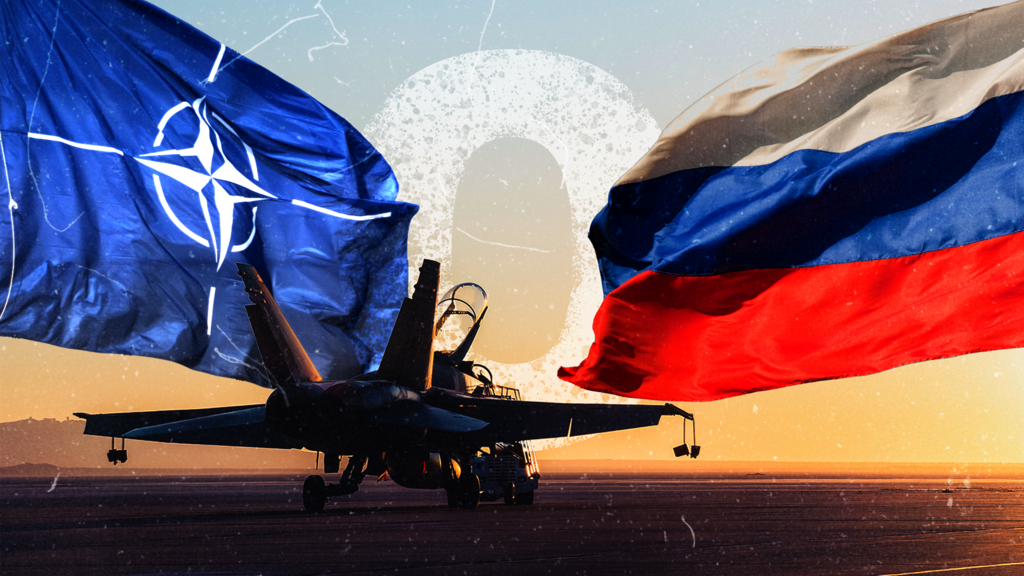In recent developments, Russia’s foreign intelligence service has made a series of escalating allegations against Western countries, accusing them of orchestrating "false flag" operations aimed at discrediting Moscow. Although these claims are ostensibly unsupported by any concrete evidence, analysts caution that they may represent a more alarming trend—a burgeoning hybrid warfare strategy. Moreover, such statements from the Kremlin might indicate an attempt to shape the narrative ahead of a possible conflict with NATO.
The notion of "false flag" operations—where a country would carry out a covert act and attribute it to another nation to provoke a response—has long been a theme in international relations. By asserting that Western nations are planning such actions, the Russian government appears to be laying the groundwork for justifying any potential military actions it might take in the future. Analysts interpret this as a strategic maneuver, possibly preparing the Russian populace and military for an escalatory response to perceived threats from the West.
Moreover, this rhetoric aligns with ongoing tensions between Russia and NATO, which have been exacerbated by various geopolitical events, including military exercises and the positioning of troops in Eastern Europe. The accusation of false flag operations can be seen as not only a defensive posture from Russia but also as a message to other regional actors about the Kremlin's readiness to frame any Western military engagement as an aggressive act rooted in deceit.
Furthermore, experts highlight that these claims may be indicative of a broader agenda. As the situation unfolds, Russia could be gearing up to implement a more complex hybrid warfare strategy that combines traditional military approaches with disinformation campaigns, cyber-attacks, and other covert operations. The implications of such a strategy could destabilize regions and challenge the unity of NATO as member nations wrestle with the reality of their collective security commitments.
In light of this, NATO and its member states must remain vigilant. The potential for hybrid warfare requires not only military preparedness but also a robust information and cybersecurity strategy to counter misinformation and protect against cyber threats. The landscape of international relations is rapidly evolving, and these developments underscore the importance of collaborative defense strategies among NATO allies.
Overall, analysts view the Russian intelligence service's claims as more than mere propaganda. They signal a concerning shift in the Kremlin’s posture as it seeks to maintain a narrative of victimhood while simultaneously preparing for potential military actions. With the risk of miscalculation high amidst these escalatory claims, both sides may find themselves in a precarious situation where diplomacy and dialogue become increasingly necessary to avert conflict.












